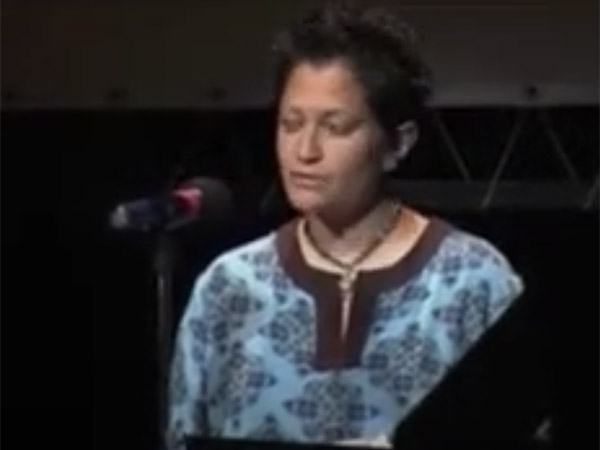When I was about 13 years old, a senior at the high school committed suicide. I can remember thinking how could anyone feel so hopeless that they would take their own life. Depression was something I had not yet experienced or understood.
Seven years later, my second year in college, was the first time I began to experience depression. My roommate and I got into an argument, I felt suffocated and just wanted to be left alone. She left the room and I was left with my anger. I was looking for a way to express my anger and without thinking I reached for a razor blade.
I began to make small cuts on my forearm. As soon as the blade hit my skin and blood starting flowing an instant feeling of relief came over me. Although it was self-destructive, it relieved feelings of irritability, anxiousness, anger and solitary aloneness. Not being able to express what I was feeling, I learned to use physical pain to cope with my emotional pain.
As time went on I began to feel ashamed of my behavior. I felt I was going to be judged and labeled as “crazy”. After a couple of suicide attempts, I was put on Prozac, diagnosed with depression and began therapy.
After a few years of emotional stability, I joined the Navy. A job change triggered depression and I began cutting again. I lost confidence in myself and my abilities. My supervisors sent me to the medical unit constantly until they decided to fly me back to the U.S. for treatment.
It was a long journey and I was admitted to four different hospitals along the way. At the Naval Hospital, I was misdiagnosed again with Major depression, given antidepressants, and sent back to work. Seven months and two hospitalizations later I received a medical discharge. I am still sad that I am not able to re-enlist, but plan to use my experience and college degree to help Veterans and their families.
I was so ashamed of my behavior that I felt I had to pretend that I was ok. There were days, for example, when I couldn’t get out of bed, eat, or take a shower. But I couldn’t explain to my family how I was feeling. So I carried my pain with me inside, invisible.
In desperation, I began attending bi-polar depression support group sessions in 2006. Every Thursday, a group of people shared their stories and I quickly learned I wasn’t alone. There were many people just as tired of pretending to be okay. There were people struggling to keep a job, take medications and deal with their side effects and work on relationships with family, friends and co-workers. For those two hours I felt safe and free from judgment. Yet the illness was far from gone.
Once I disappeared for three days due to a manic episode. In this manic state I lost all inhibitions and did things I never imagined I would do. I didn’t care about myself or anyone else on this self-destructive path. On the third day something snapped and I realized that I didn’t belong in a trashy hotel room drinking with strangers. I needed to go home. I knew my family was worried.
I had to face my parents and tell them what I had done. How do you tell people that love you that you’ve failed them and still expect them to love you? But no matter what I’d done, my parents continued to love me. I guess I was luckier than most people who stumble into that world and never leave it.
One of the frustrations I had to deal with was the side effects of medications. When I was finally diagnosed with Bi-polar II, I was put on the mood stabilizer Lithium. I began experiencing endless thirst, feeling weak and lethargic. My thoughts were cloudy and confused, and I gained close to 30lbs. I was miserable. I have taken many combinations of mood stabilizers and antidepressants before finding the right combination. I am happy that I have been stable for three years.
As with many families, the kitchen table has always been a place where my family gathers. There was plenty of laughter as each one of us talked with abandon about whatever.
One day after my cousin’s funeral, when we gathered ‘round the kitchen table, perhaps to break the silence of the moment, my father, a man of strong character, began to speak of our relative as one often does when a loved one dies unexpectedly. He was overcome with emotion and reached out to me with tears in his eyes. In between sobs of grief he held my hand in his and said he didn’t know what he would have done if I had succeeded in my attempts to kill myself. The vulnerability and the openness that my father shared with me that night ‘round the kitchen table is something I carry with me always.
As with my cousin before me, suicide crosses my mind from time to time. That’s why I keep the night I sat next to my father close to my heart. When I feel lost in the darkness, in the fog that hinders my progress, I’ve learned to turn to my friends and family to illuminate my road as I continue on this journey called life. They light up my life when the coldness that is bipolar disorder threatens to engulf me in its darkness. Ultimately, bipolar disorder is my illness, but it doesn’t define who I am.







